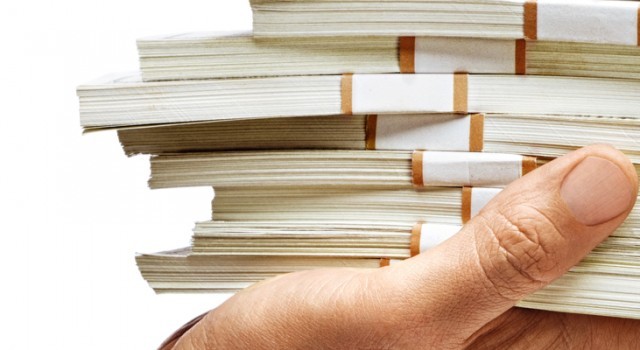The introduction of Universal Credit was intended to simplify the benefits system and reduce the opportunity for fraud, but it has received much criticism, partly due to an inherent lack of flexibility.
The Scottish government is now able to use new social security powers, however, when administering Universal Credit. These devolved powers were brought in by the Scotland Act, 2016, and the new system applies to payments made on or after 4th October 2017 in ‘full service’ areas of Scotland.
A full service area is a local authority area that uses an online claiming system for Universal Credit, as opposed to the ‘live service’ in Scotland which involves administering a claim by phone. It’s intended that, eventually, all areas will become full service areas.
So how is Universal Credit paid in parts of Scotland that aren’t ‘full service’ areas, and what changes have been made under the new legislation?





